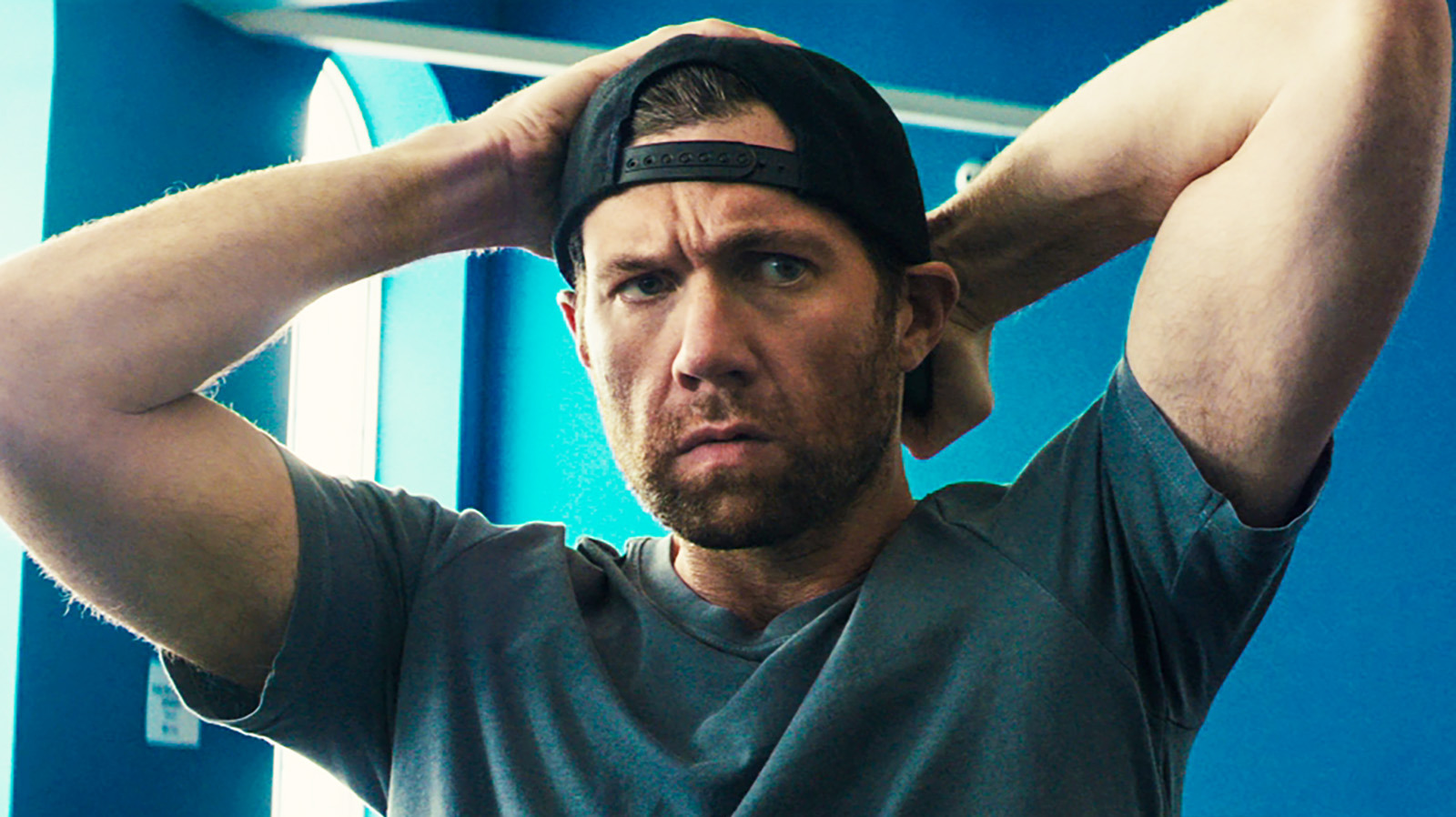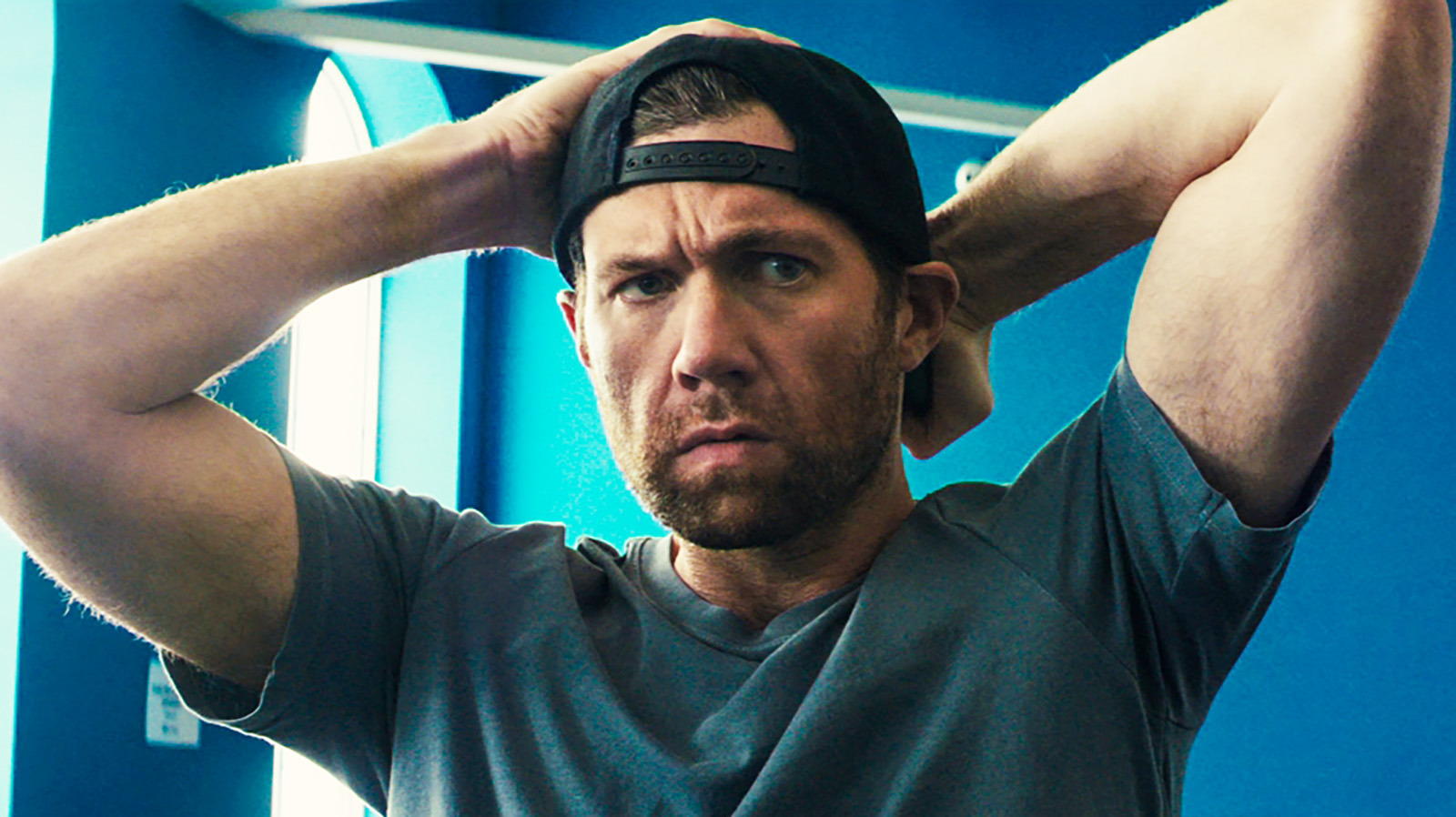
This is where the humor comes into play: the “joke” of gay sex reframed into something more relatable and humanistic. “Bros” reclaims the supposed absurdity of gay sex by showing the audience that sex as an act in itself is already absurd. It is inherently two (or, as the film makes it clear, there’s always room for more) people acting out their desires on each other, and out of context, it can look pretty embarrassing. Bobby looks like he’s in heaven admiring Aaron’s body, and Aaron has a kinky interest in Bobby’s feet. It’s played off as funny because it is funny. Our sexuality is a window into our deepest, agonizingly human desires. That doesn’t mean it can’t also be rough or sexy, or intimate and romantic. “Bros” successfully positions gay sex as simultaneously capable of being all things at once.
Although “Bros” is directed by a straight man, Eichner and producer Guy Branum‘s influence on the film as out gay men is proudly the film’s central voice. Though it’s certainly from the white, cisgendered gay perspective, the film has a great amount of self-awareness and a sharp grasp on history, giving the romcom a surprising amount of depth. That’s the true value of this film’s existence in the mainstream, whether the film is de-mystifying the act of gay sex, encouraging its LGBTQ+ audience to tell their own stories, or interrogating queer diaspora, it positions itself as a thoughtful but equally entertaining entry to the studio comedy canon.
“Bros” is in theaters now.








